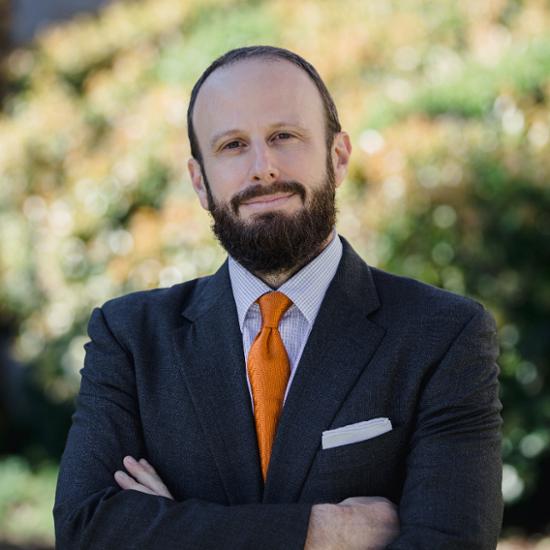Pepperdine’s Robert Bikel Calls for Sustainable AI Growth in Bloomberg

As artificial intelligence races toward a projected $4.8 trillion market by 2033, Robert Bikel, director of the SEER (Socially, Environmentally, and Ethically Responsible) Program at Pepperdine Graziadio Business School, is urging the industry to pause and consider its broader impact.
In a recent Bloomberg feature exploring proposals to tax AI for its environmental footprint, Bikel cautioned against repeating the costly mistakes made with fossil fuels, an industry long subsidized despite its known harm. AI, he noted, is already consuming massive amounts of energy and water, with data centers projected to account for 12% of U.S. electricity usage by 2028.
While taxing AI’s emissions could incentivize cleaner practices, Bikel pointed out that without global cooperation, such measures could simply push companies to less regulated regions, undermining the intended environmental benefits. “If you make the tax too low, then it becomes just another cost of business,” he said. “If you make it too high, then they’ll just relocate.”
Ultimately, Bikel believes the conversation must go deeper: “There’s a lot of techno-optimism that more tech and more growth is inherently good,” he said. “I like to flip that around and say, what is the economy serving? What’s AI serving? How is it contributing to human flourishing or even just existential stability?”
Read more here.